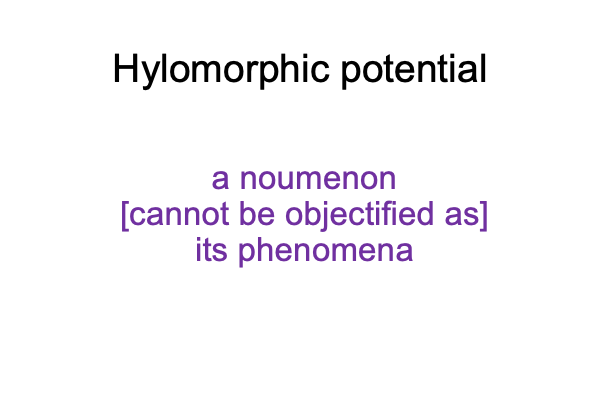Looking at Joseph Trabbic’s Essay (2021) “Jean Luc-Marion and … First Philosophy” (Part 1 of 5)
0001 Joseph Trabbic’s essay appears in the American Catholic Philosophical Quarterly (volume 95(3), pages 389-409). This is the second article on phenomenology to attract attention. The full title is “Jean Luc-Marion and the Phenomenologie de la Donation as First Philosophy”.
Jean-Luc Marion is a French phenomenologist who attempts to put Husserl’s paradigm into perspective. His book is published 25 years ago. It still confounds readers.
Trabbic performs admirably in trying to decipher both the French language and the book.
0002 There is a lot to unpack, especially since science is not mentioned at all.
I wonder what Husserl is up to when he calls for a return to the noumenon?
Perhaps, scientists focus so much on phenomena that they neglect the thing itself.
0003 This is the lesson formulated in Reverie on Mark Spencer’s Essay (2021) “The Many Phenomenology Reductions”(available for purchase at smashwords). Spencer also publishes in the American Catholic Philosophical Quarterly. The full title of Spencer’s article is “The Many Phenomenological Reductions and Catholic Metaphysical Anti-Reductionism”.
Spencer mentions Jean-Luc Marion, along with many other phenomenologists.
It is like going through an old jewelry box.
Jean-Luc Marion sparkles.
0004 Comments on Joseph Trabbic’s Essay (2021) “Jean Luc Marion and … First Philosophy” (also available at smashwords) builds upon this reverie.
Why does Jean-Luc Marion catch the eye?

